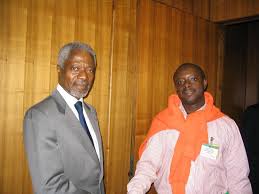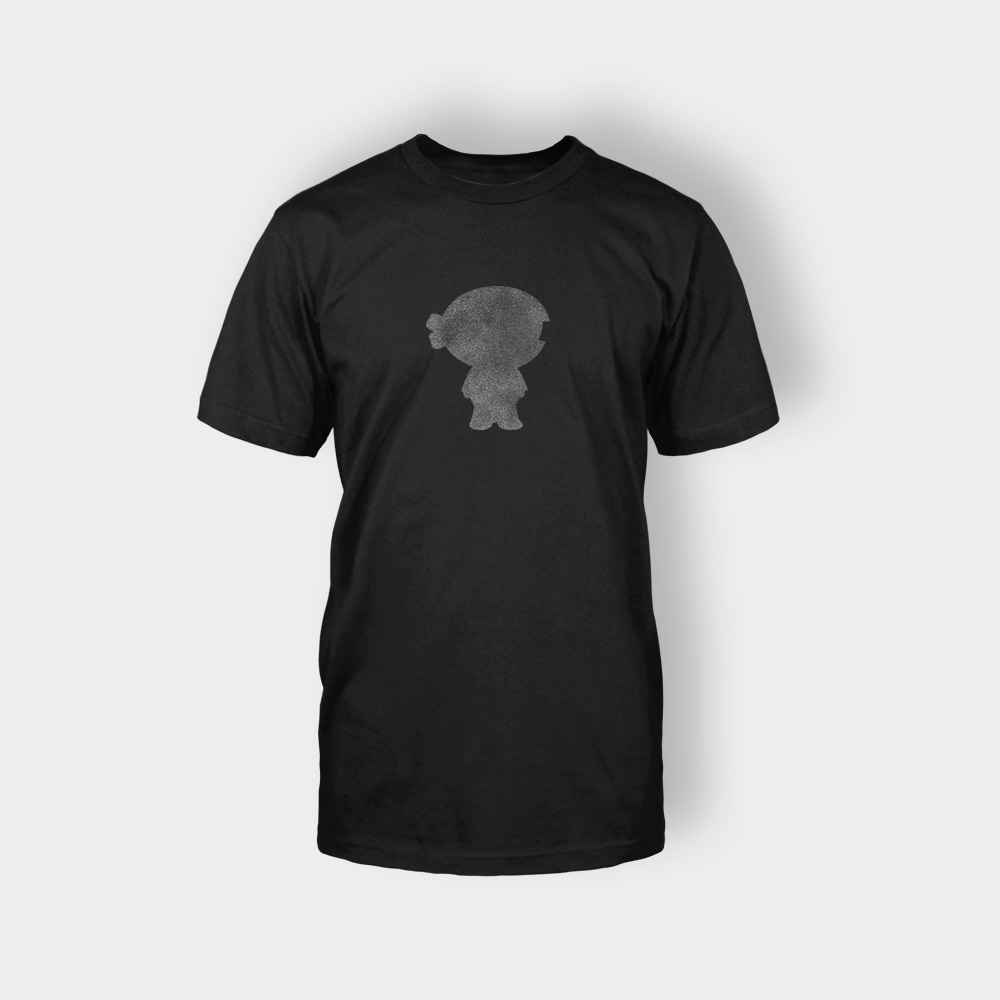Habeeb Ibrahim of the Department of Mass Communication, Lagos State University of Science and Technology (LASUSTECH) highlights eighteen things to remember about the late founder of Journalists Against AIDS (JAAIDS).
Today marks 18 years since the untimely death of Omololu Falobi, a remarkable journalist, social entrepreneur, and HIV/AIDS advocate who profoundly impacted Nigeria and beyond.
He founded Journalists Against AIDS (JAAIDS) and co-founded the Nigeria HIV Vaccine and Microbicides Advocacy Group (NHVMAG), using his voice and platform to fight stigma and raise awareness about HIV/AIDS. His leadership earned him international recognition, including appointments to notable global bodies like UNAIDS.
This article focuses on 18 significant aspects of Omololu’s life, celebrating his achievements, family, and the enduring impact of his work.
1. Date of Birth: Omololu Falobi was born on August 19, 1971, in Gombe, in northern Nigeria. He hailed from a family deeply rooted in Iwoye-Ijesa, Osun State.
2. Early Academic Brilliance: Even as a young child, Omololu displayed extraordinary intellectual abilities. He received a double promotion from primary 2 to primary 4 and skipped primary 6, gaining admission into Ijebu-Ijesa Grammar School at just 10 years old.
3. Voracious Reader: By age 12, Omololu had read all 26 books in the Pacesetter series. His passion for reading was so intense that he became a regular customer of local vendors, purchasing newspapers and magazines daily.
4. Secondary School Achievements: During his time at Ijebu-Ijesa Grammar School, Omololu won numerous awards, including Best All-Round Student in Form 5, Best English Student in WAEC, and Best Student in the school’s mock exams.
5. University Admission at 15: At just 15 years old, Omololu gained admission to the University of Ife (now Obafemi Awolowo University) to study Dramatic Arts. His youthful appearance made him stand out, and he was often mistaken for a visitor.
6. Master’s Degree in Political Science: After completing his undergraduate studies, Omololu pursued a Master’s Degree in Political Science at the University of Lagos, demonstrating his commitment to academic growth.
7. Career at The Punch: Omololu’s journalism career began when he was employed as a staff reporter at The Punch Newspapers after completing his National Youth Service Corps (NYSC). He rose to the position of Features Editor of Sunday Punch before resigning in 2000.
8. Formation of JAAIDS: Omololu founded Journalists Against AIDS (JAAIDS) in 1998 after being deeply moved by the death of Afrobeat legend Fela Kuti from AIDS. His goal was to raise awareness and combat the stigma surrounding HIV/AIDS through media advocacy.
9. Advocacy Through JAAIDS: Omololu’s work through JAAIDS had a massive impact on HIV/AIDS awareness in Nigeria. His organization became a leading voice in the fight against the epidemic, particularly through information dissemination.
10. International Recognition: In 2000, Omololu received the International AIDS Society’s Young Investigator Award and was also honoured with the Highway Africa Award for Innovative Use of New Media.
11. Ashoka Fellowship: In 2001, Omololu was appointed an Ashoka Fellow, joining a global network of social entrepreneurs recognized for their innovative approaches to societal challenges.
12. UNAIDS Representation: In 2004 and 2005, Omololu served as the African NGO representative on the board of the Joint United Nations Programme on HIV/AIDS (UNAIDS), underscoring his influence in global HIV/AIDS advocacy.

13. Co-founding NHVMAG: In 2003, Omololu co-founded the Nigeria HIV Vaccine and Microbicides Advocacy Group (NHVMAG), which played a vital role in the country’s vaccine advocacy efforts.
14. Publications and Contributions: Omololu contributed to several important publications on HIV/AIDS, including the Media Handbook on HIV/AIDS in Nigeria and the Scorecard of Media Reporting of HIV/AIDS in Nigeria.
15. Family Life: Omololu married Aderonke Abosede Falobi (née Odewande) in 1998. Together, they had three children: Ayomide, Olamide, and Aramide. Tragically, Omololu was killed in 2006, just months before his third child, Aramide, was born.
16. Balancing Family and Work: Despite his busy schedule, Omololu was known for being a dedicated father and husband. He balanced his passion for work with his responsibilities at home, often working even during weekends but never neglecting his family.
17. Character and Leadership: Omololu was known for his transparency, accountability, and meticulousness in leadership. His dedication to ethical practices made JAAIDS a model for other organizations.
18. Tragic Death: On October 5, 2006, Omololu Falobi’s life was tragically cut short when he was killed by unknown assailants in Lagos. His death marked the end of a life dedicated to fighting HIV/AIDS, but his legacy continues to inspire those in the fields of journalism, advocacy, and social change.


